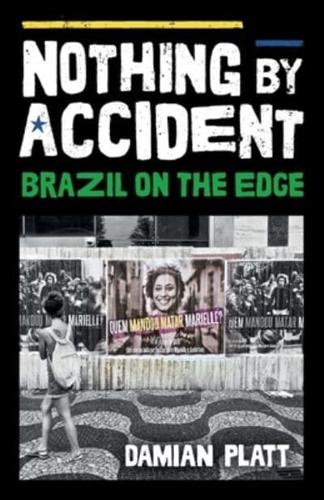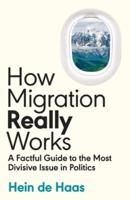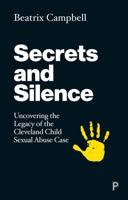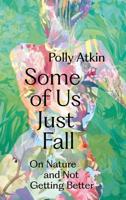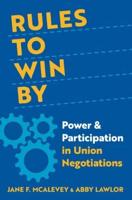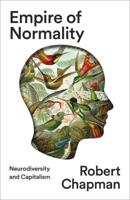Publisher's Synopsis
On a sweltering March evening in 2018 Marielle Franco was shot dead. Rio de Janeiro is a routinely violent place but this was different. Marielle was a rising star of the city's political scene and was hit four times in the head by a professional hitman. Elected the same year, President Bolsonaro, an enthusiast for torture, murder and the worst excesses of the country's 1964-1984 military dictatorship, subsequently declared war on the country's institutions. Brazil is on the edge. Whoever ordered Marielle's killing severely underestimated both her popularity and the outrage at her murder, which has revealed a profound rot at the core of a divided society.
Damian Platt spent thirteen years living and working in Rio. In Nothing By Accident, he describes events in the city during the tumultuous decade that preceded her murder and the election of a tyrannical President. Moving beyond standard discourse about violent gangs from poor communities, Nothing By Accident overturns stereotypes and offers a new narrative - much more complex and much closer to sources of power - to explain the operation of violence and corruption in Rio de Janeiro and Brazil.
Nothing By Accident also aims to express the impact of insecurity and chronic armed violence upon ordinary people forced to live in abnormal conditions. Digging below the superficial representations of events, the book identifies and reflects upon elements that bind this disastrous scenario together.
Nothing by Accident is divided into four parts:
The first, "Chaos", describes urban warfare in Rio's favelas and the failure of a state "pacification" programme to reduce violence in the city.
"The Greatest Show" introduces a little known but enormously powerful branch of Brazilian organised crime, jogo do bicho, "the animal game" in English. Illegal in Rio since the end of the 19th Century, the game is extremely popular and run by family clans who control the city's Carnival parade and have tight links to the military dictatorship.
"Truth and Lies" focuses on the 2014 Truth Commission (which was intended to reveal facts behind Brazil's 1964-1984 military dictatorship) and the mass street protests of 2013. Both processes highlight fault lines in Brazilian society: when the chief witness of the Truth Commission is murdered in suspicious circumstances, I discover that the trail for his murder leads back to the jogo do bicho. Examining the failure of the street protests, I tell the story of Bruno Teles, a young protestor framed in a terrifying episode of staged violence.
"The Hornet's Nest" discusses the aftermath of the murder of Marielle Franco in 2018. When a cover-up fails, investigators discover that not only does one of the actual alleged assassins live in the same housing complex as President Bolsonaro, the group also enjoy connections with his family. The gunmen belong to a racketeering death squad formed by ex-police and militiamen with strong connections to jogo do bicho clans.


